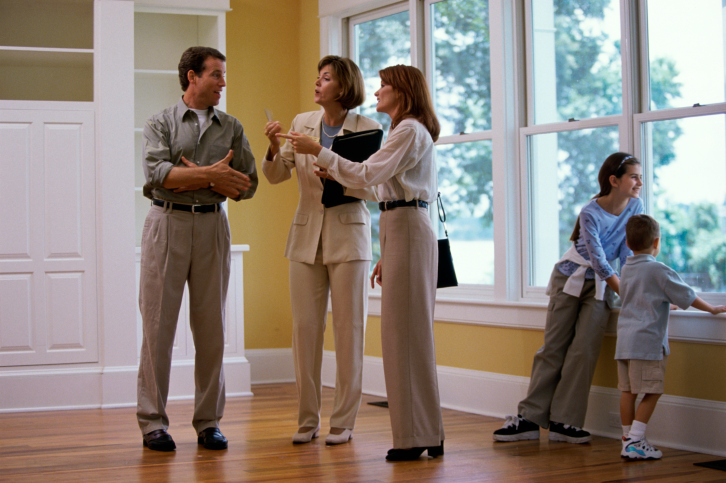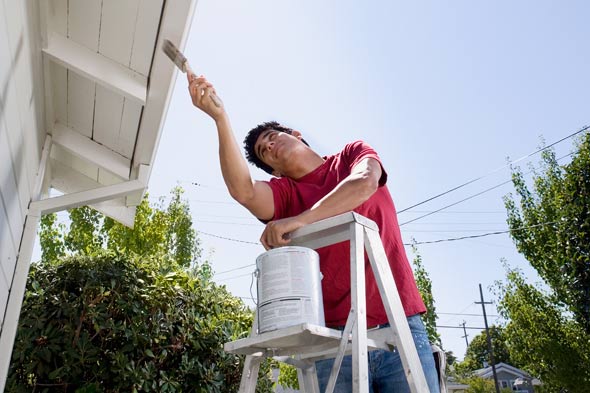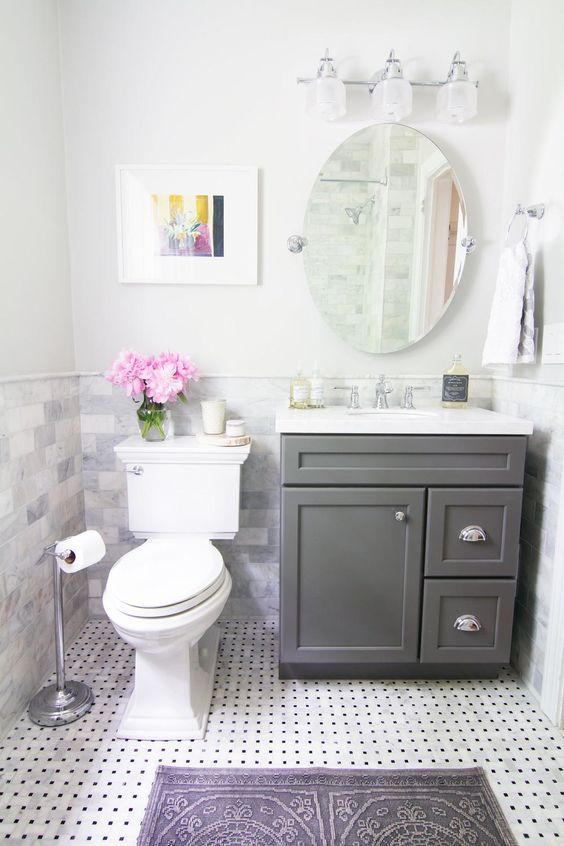Open House Etiquette

The house you’ve had your eye on has advertised an Open House, and though you haven’t started your official house hunt, you’re dying to see it. If you’ve never been to an open house, there are a few things you need to know before you visit--you want to make as good an impression as the house!
-
- Dress casually, and maybe even wear slip-on shoes, as some homeowners prefer guests to remove their shoes.
-
- Be on time (maybe even early so you can be the first ones there): unless there’s an absolute emergency, you don’t want to get there when lots of others are in attendance, nor do you want to get there as the agent is locking up to go home.
-
- Let yourself in! An agent may greet you at the door, or they may be waiting for visitors in a central room. Remember that different agents have a different method, so be prepared for a self-tour, or an agent who would like to give you a tour.
-
- Signing in is sometimes optional, but some homeowners require it for their protection, and if you’re ready to start looking for a home, the attending agent can have your contact information so you can talk with them about your needs.
-
- If you already have a buyer’s agent, the polite thing to do would be to let the attending agent know who your agent is.
-
- While others are looking around, wait until they’re out of a room before you go in, giving them space and privacy.
-
- Most houses on the market don’t have closed access, but if you come to a closed door at an open house, ask the broker if it’s okay to go in and look around. Sometimes another guest has mistakenly closed a door.
-
- At the same time, don’t open medicine cabinets or anything else that could have the seller’s sensitive personal items, and make sure it’s okay to check out closet space before you go into the bedrooms.
-
- Only take photos with permission. Most of what you need to know is already provided in the open house flyer and online.
Take the brochure or flyer the agent has available and take notes on it as you tour the house. Once you’re finished with the walkthrough, stop and ask the agent any questions you may have about the house, and write those answers down. This is especially helpful if you’ve taken a day to visit several houses and will make any discussions with your significant other or your agent much easier.
Courtesy of Chester County PA Realtor Scott Darling.
Photo credit: bankofthewest.com











